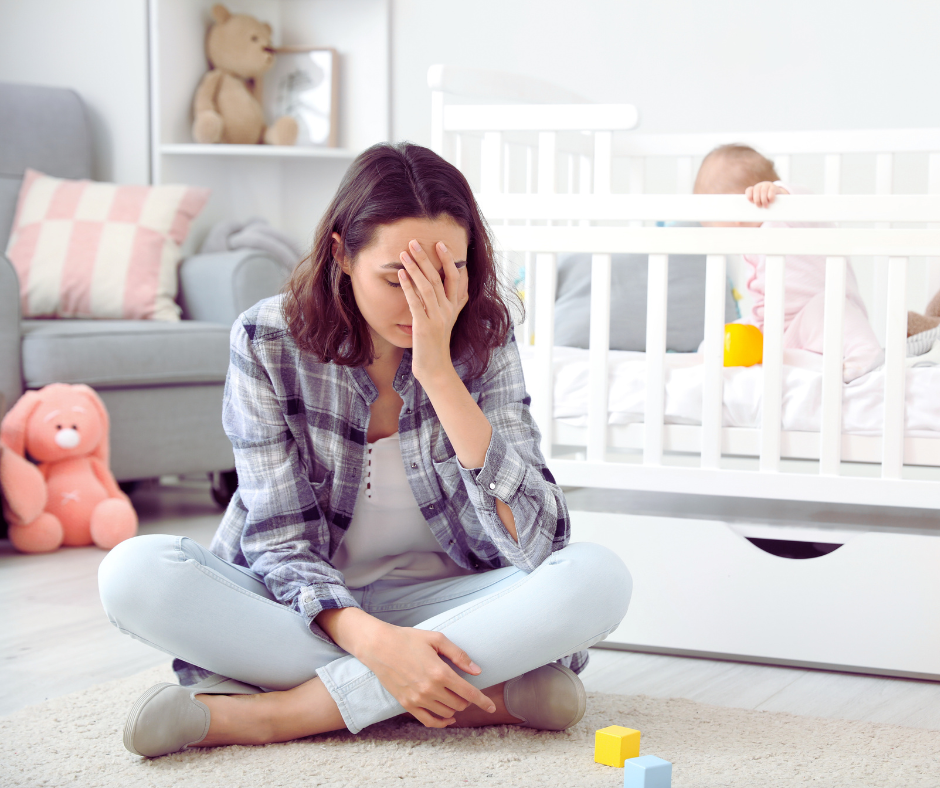When Does Postpartum Rage Go Away

If you’re struggling with postpartum rage (PPR), you’re probably pretty desperate to know when it’ll go away – after all, who wants to live with a short temper and its consequences for the foreseeable future?
The short answer is, unfortunately, that old chestnut: it depends. Just like postpartum depression and postpartum anxiety (or any mental health condition, really) PPR doesn’t operate on a standard timeline. It affects different people in different ways, varying in intensity and duration.
Still, while there’s no one answer that fits everyone, there are some averages we can offer, as well as some tips for managing your symptoms for as long as they do last.

How long postpartum rage lasts
Postpartum mental health issues can last anywhere from a few months to a few years – that is, if they’re left untreated. So if you choose to just “tough it out,” your postpartum anger might subside in six months or a year, or it may well last for years, increasing in severity as it continues.
There are also some factors that may increase the duration of your symptoms, including a particularly stressful environment (poverty, lack of childcare, etc) or a history of previous mental illness.
Obviously, this is leading to us advising you to get help for your rage as soon as possible. The great news is that, like PPD and PPA, postpartum rage responds extremely well to treatment, so you’re likely to see results if you make the effort to seek support.

How to cope with postpartum anger
- Take care of your body. This is always easier said than done when you have a new baby – some of us barely manage to brush our teeth regularly – but the more you can prioritize sleep, nutrition, and joyful movement, the more stable your emotional state will be.
- Be honest about your feelings. When you start to feel the anger bubbling up, let your partner or another adult know, and try to remove yourself from whatever triggered it. If that means handing over your baby so you can be alone in another room for five minutes, do that. Lean on the people around you for help managing your emotional response.
- Ease up on yourself. Perfectionism is unhealthy at the best of times, but so much about parenting a new baby is a master class in lowering your standards. Did everyone survive the day? That’s a win. Did you get to eat something more substantial than a granola bar or maybe even get to shower? That’s a championship win. Try to give yourself a pass on things like chores and public image, and celebrate the small ways you’re making it through each day.
The absolute best thing you can do for postpartum anger is get support from a mental health professional, and we can help with that. At Prospera, our mental health coaches are trained in cognitive behavioral therapy (CBT) techniques, which are super effective for anxiety, depression, and anger issues.
If you could use some support (and who couldn’t?), why not give us a try? Book your free consultation today.
Content reviewed by Dr. Sarah Stanger, Clinical Psychologist
Anne Godenham is a writer and editor with a passion for mental health awareness and accessibility


